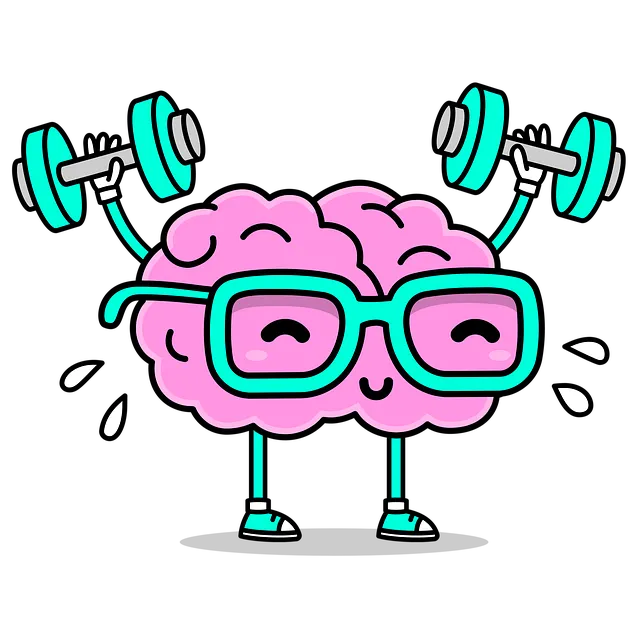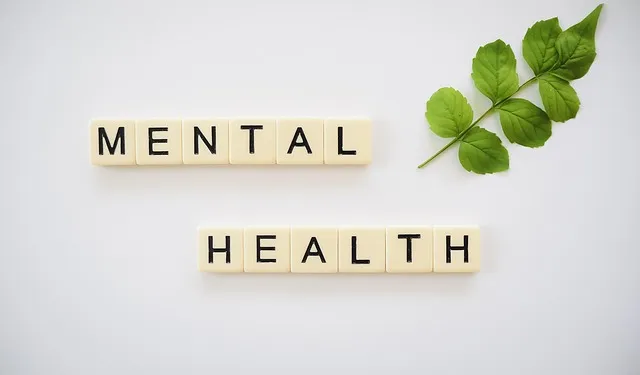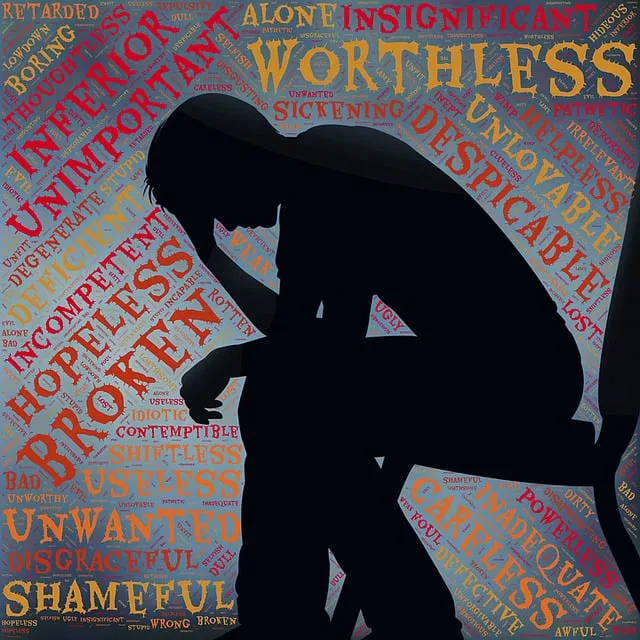Depression is a common yet serious mental health condition requiring early intervention and appropriate management, which can be accessed through services like those offered by Kaiser's Lone Tree facility. Recognizing signs such as persistent sadness and changes in appetite or sleep is crucial. Inpatient mental health services provide 24/7 care, combining therapy (like CBT) with medication for severe cases. Lifestyle changes, professional counseling, support groups, and specialized facilities also aid in prevention and treatment. Kaiser's Lone Tree program includes intensive care, personalized plans, and community connections for long-term recovery, making it a key resource for inpatient mental health needs.
Depression is a prevalent yet manageable condition, and implementing preventive strategies can be life-changing. This article explores various approaches to combat depression, offering a comprehensive guide for those seeking to safeguard their mental health. From recognizing signs and understanding risk factors to adopting lifestyle changes and exploring therapy options, we provide insights into effective prevention. Additionally, we delve into medication choices, including antidepressants, and emphasize the importance of crisis management, highlighting when to seek inpatient care at Kaiser Lone Tree.
- Understanding Depression: Signs and Risk Factors
- Lifestyle Changes for Mental Well-being
- The Role of Therapy and Support Groups
- Medication Options: Antidepressants Explained
- Crisis Management: When to Seek Inpatient Care at Kaiser Lone Tree
Understanding Depression: Signs and Risk Factors

Depression is a common yet serious mental health condition that significantly impacts an individual’s daily life and well-being. Recognizing the signs and understanding the risk factors are crucial steps in prevention. According to research, early identification and intervention can play a pivotal role in managing depression effectively. The Kaiser network, including its Lone Tree facility, offers comprehensive inpatient mental health services, emphasizing the importance of access to care.
Various indicators can signal depression, such as persistent feelings of sadness or loss of interest, changes in appetite or sleep patterns, fatigue, difficulty concentrating, and thoughts of worthlessness. Identifying these signs early on is essential. Additionally, certain factors increase the risk of developing depression, including genetic predisposition, traumatic life events, chronic illnesses, substance abuse history, and a lack of social support. The Healthcare Provider Cultural Competency Training programs often highlight these risks, empowering professionals to conduct thorough Risk Assessments for Mental Health Professionals using effective Communication Strategies.
Lifestyle Changes for Mental Well-being

Depression prevention starts with making positive lifestyle changes that promote mental wellness. Regular exercise, a balanced diet, and adequate sleep are key components in supporting emotional regulation and overall emotional well-being. Activities like yoga or meditation can also be powerful tools for stress reduction and maintaining mental balance. If you’re looking for professional support, consider reaching out to resources like the Mental Wellness Podcast Series Production, which offers valuable insights and guidance on managing mental health challenges.
For more intensive care, evaluating inpatient mental health services near you, such as those available at Kaiser in Lone Tree, can be beneficial. These programs are designed to provide around-the-clock monitoring and personalized treatment plans for individuals experiencing severe or chronic depression. By combining lifestyle changes with professional support when needed, individuals can effectively manage their mental health and promote long-term emotional well-being.
The Role of Therapy and Support Groups

Therapy plays a pivotal role in depression prevention, offering individuals a safe space to explore and process their emotions. Whether through cognitive-behavioral therapy (CBT), interpersonal therapy, or other evidence-based approaches, professional counseling equips people with coping mechanisms and insights into their mental health. Support groups, another powerful tool, foster a sense of community among those facing similar challenges, providing peer-to-peer understanding and encouragement.
For those seeking specialized care, facilities like the inpatient mental health services offered by Kaiser in Lone Tree can provide intensive, round-the-clock support, addressing acute episodes of depression or related conditions such as burnout or trauma support services. This level of care is crucial for severe cases, offering a structured environment to stabilize and develop long-term prevention strategies tailored to each individual’s unique needs.
Medication Options: Antidepressants Explained

Antidepressants play a significant role in depression prevention strategies, particularly for severe or treatment-resistant cases. These medications are designed to balance neurotransmitters—chemical messengers in the brain—that may be out of whack in individuals experiencing depression. Common types include selective serotonin reuptake inhibitors (SSRIs), which increase serotonin levels, and serotonin-norepinephrine reuptake inhibitors (SNRIs), which target both serotonin and norepinephrine.
If you’re considering medication as part of your mental health journey, understanding options like those available through Kaiser’s inpatient mental health services in Lone Tree is crucial. These services offer comprehensive care, often including a combination of medication management and psychotherapy to address underlying causes and improve mood management. Effective antidepressant treatment requires patience and collaboration with healthcare professionals, who can tailor the approach to individual needs while also considering potential side effects and interactions.
Crisis Management: When to Seek Inpatient Care at Kaiser Lone Tree

When facing a depression crisis, seeking professional help is crucial for swift and effective intervention. Kaiser Lone Tree offers specialized inpatient mental health services designed to provide intensive care for severe or escalating depressive episodes. This level of care ensures individuals receive 24/7 monitoring, personalized therapy, and access to advanced treatment options.
Inpatient programs, such as those available at Kaiser Lone Tree, often include a combination of individual and group therapy sessions, medication management, and evidence-based practices like Mindfulness Meditation. Additionally, the facility’s Community Outreach Program Implementation fosters connections with local support networks, enhancing ongoing recovery. By addressing immediate needs and providing comprehensive Depression Prevention strategies, these inpatient programs play a vital role in helping individuals navigate their mental health journeys and regain control.
Depression is a serious yet treatable condition, and employing a combination of these strategies can significantly improve mental well-being. From recognizing signs early on and adopting healthy lifestyle changes, to accessing therapy, support groups, or exploring medication options like antidepressants, there are effective ways to manage and prevent depression. If crises arise, knowing that resources like Kaiser’s inpatient mental health care at Lone Tree offer specialized care is invaluable. With the right approach, recovery and a brighter outlook are within reach.






